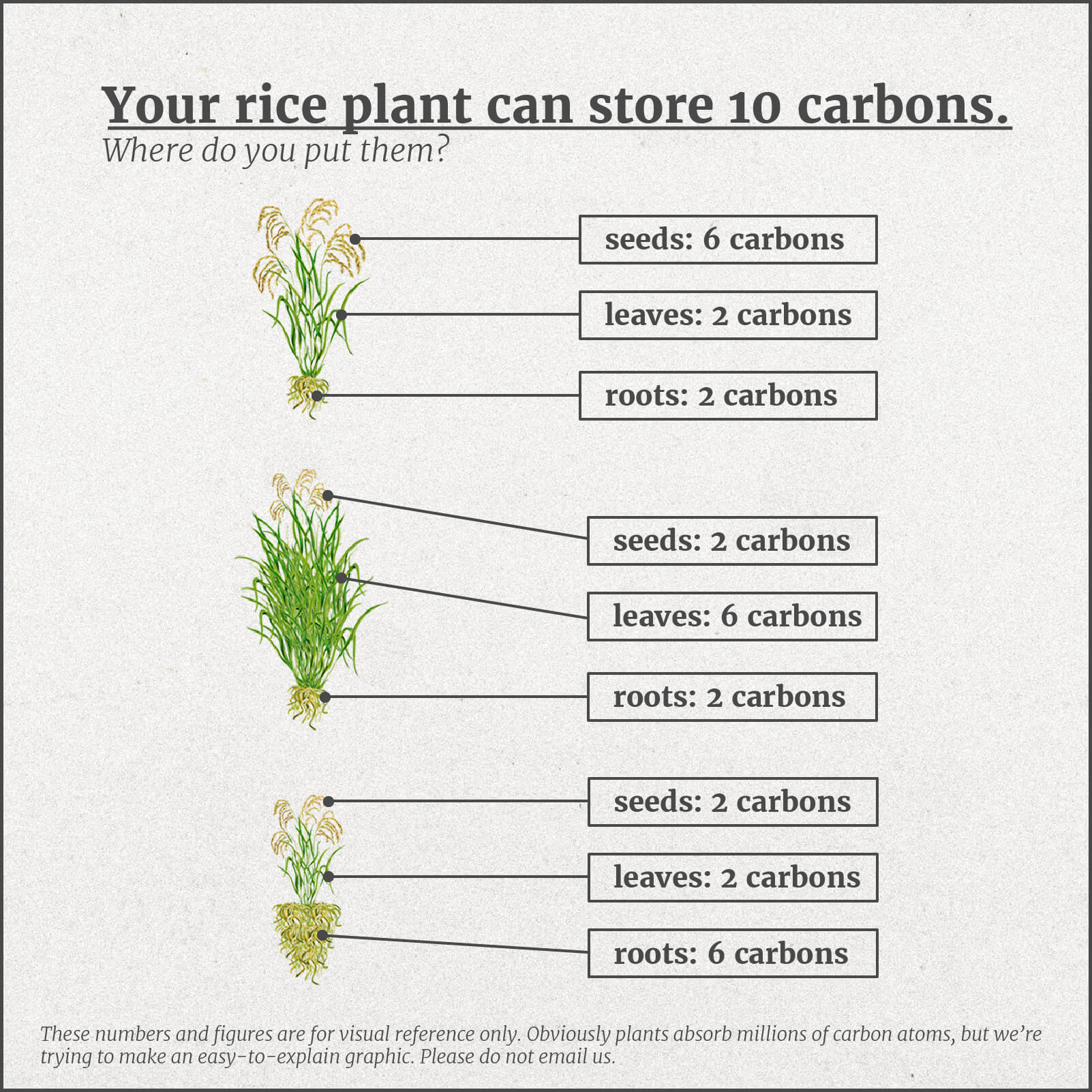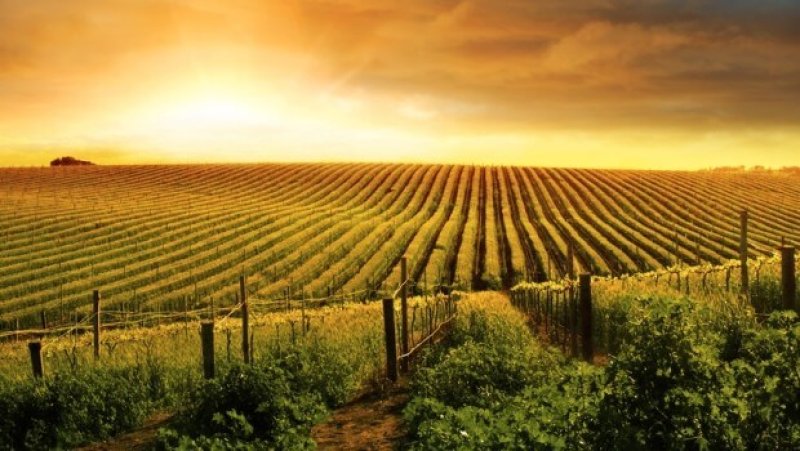There was one big problem with this idea: It could backfire. When plants absorb CO2 they either turn it into food or stash it in the ground. The risk is that if you treat farms as carbon banks, it could lead to smaller harvests, which would spur farmers to plow more land and pump more carbon into the air than before.
…
How do we get food crops to act like grass and spend more of their carbon budget on their roots, while still producing bountiful harvests?
The simplest answer … would be to boost yields. Anything farmers can do to allow more plants to thrive — like improving nutrition, irrigation, and protection from insects — will mean more carbon flowing into the soil. And in the long run, breeding for more roots as well as more grain will be a key to getting carbon into the ground without losing food production. Ultimately, that requires improving on photosynthesis, which is as difficult as putting a man on the moon (yep, scientists are working on it).

The GLP aggregated and excerpted this blog/article to reflect the diversity of news, opinion, and analysis. Read full, original post: A crucial climate mystery is just under our feet
For more background on the Genetic Literacy Project, read GLP on Wikipedia































